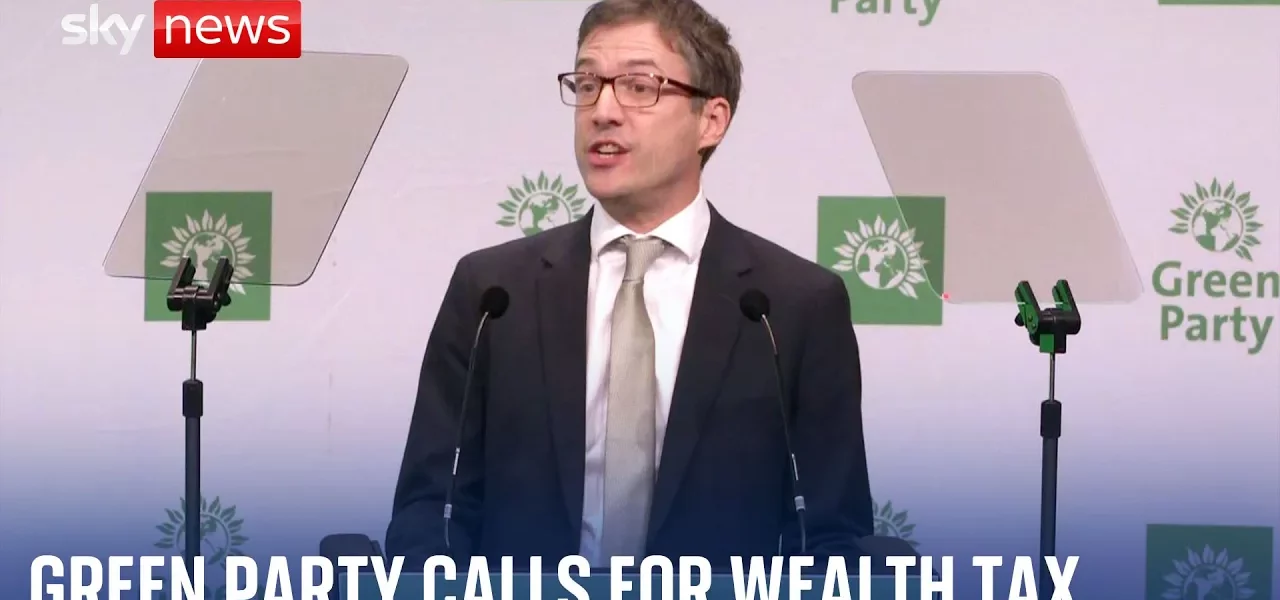Political Celebrations Amid Doom and Gloom: An In-Depth Analysis

This article delves into the complexities of the current political landscape in the UK, focusing on labor policies, energy infrastructure, and environmental strategies. It examines the ongoing debate between political parties and highlights various perspectives on pressing issues affecting the nation.
Introduction
The current political climate in the UK is characterized by a deep divide over labor policies and the government’s approach to energy and environmental issues. Recent discussions have brought to light the contrasting views between parties regarding the perceived ‘Doom and Gloom’ rhetoric, and whether the labor party has been transparent about its choices in governance. This article explores these themes, shedding light on the implications of policy choices on the public and the environment.
Labor Policies: Choices and Consequences
One of the central arguments in the political debate is whether the labor party is being forthright about the choices available to them in addressing the country’s dire situation. Critics argue that labor has more options than it admits and that their current policies are excessively punitive.
Winter Fuel Payments and Child Poverty
Recent decisions to cut winter fuel payments for pensioners have sparked outrage, with many constituents fearing they will struggle to heat their homes during the cold months. Furthermore, the retention of the two-child benefit cap is projected to push an estimated 300,000 children into poverty. This raises critical questions about the ethical implications of such policies.
- Impact on elderly populations
- Long-term effects on child welfare
- Public backlash and political ramifications
Taxation and Wealth Distribution
In response to the financial exigencies faced by the nation, there is a call for the labor party to adopt bolder tax policies targeting the wealthiest individuals. Advocates argue that a modest increase in taxes on multi-millionaires and billionaires could significantly bolster public services and support green initiatives.
Comparative Taxation with European Countries
By comparing the UK’s taxation model with that of other European nations, it becomes evident that the UK can afford to implement more progressive taxation strategies without destabilizing the economy.
- Increased funding for public services
- Investment in renewable energy projects
- Enhanced social safety nets
Energy Infrastructure: The Debate on Renewable Sources
The discussion surrounding energy infrastructure is fraught with tension, particularly regarding the construction of pylons for renewable energy transmission. While some view this as a necessary step towards sustainable energy, others perceive it as a local imposition.
Balancing Local Impact and National Needs
In East Anglia, the challenge lies in devising the most effective means of connecting renewable energy sources from the North Sea to major urban centers like London. The call for a comprehensive options assessment reflects the need for a balanced approach that considers both community impact and national energy requirements.
- Community engagement in planning
- Long-term benefits of renewable energy
- Potential for job creation in green sectors
The Role of the Green Party in Infrastructure Projects
The Green Party’s stance on large-scale infrastructure projects has come under scrutiny, particularly in light of recent decisions to block solar farms. This raises critical questions about their commitment to renewable energy.
Renewable Energy Initiatives
Despite criticisms, the Green Party advocates for a variety of renewable energy sources, including solar, tidal, and hydro power. Their vision includes integrating energy production with sustainable land use, such as dual-use solar farms that also support agriculture.
- Supporting solar panels on new developments
- Encouraging local energy solutions
- Promoting investments in diverse renewable sources
Conclusion
The ongoing political discourse encapsulates a range of perspectives on labor policies, taxation, and energy infrastructure. As the nation grapples with pressing issues, it is vital for political parties to engage in transparent and constructive dialogue. The need for bold action in taxation and energy policy is clear, and as citizens, we must advocate for solutions that benefit both the public and the environment. We encourage readers to stay informed and participate in local debates regarding these critical issues.
“`




